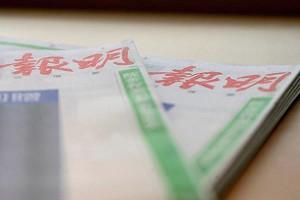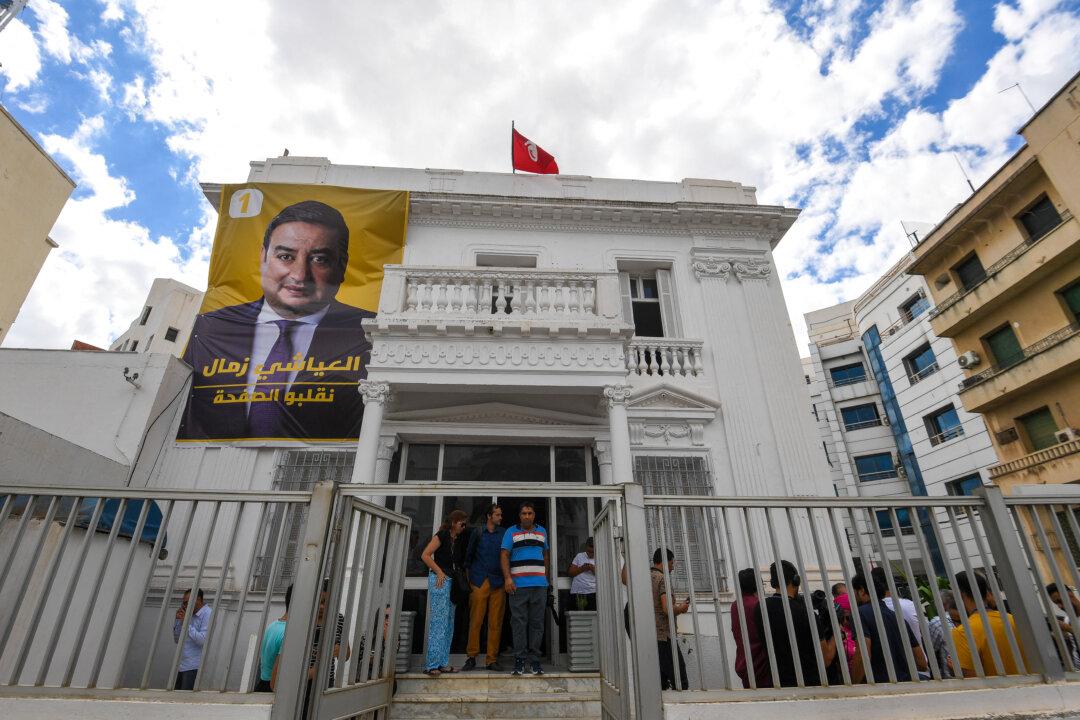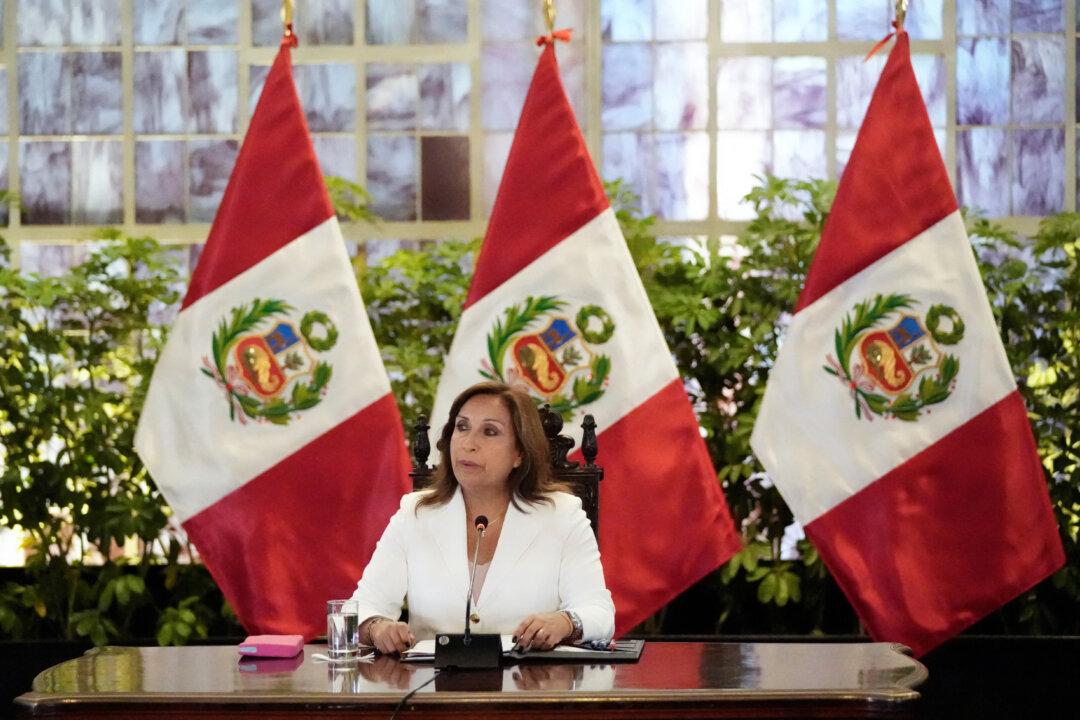HONG KONG—Press freedom in Hong Kong has declined since the former British colony’s return to Chinese rule a decade ago, according to a report by the Hong Kong Journalists Association.
In a survey by the association, published in the HKJA’s annual report on Sunday, 58 percent of journalists polled said they believed press freedom had deteriorated since the territory’s return to Chinese rule on July 1, 1997.
The journalists polled blamed self-censorship and tighter government control on the flow of information.
The association called on the government to become more robust in protecting media freedom. It said its survey findings were backed up by media watchdog Reporters Without Borders, which placed Hong Kong 58th in its press freedom ranking for 2006 out of 168 jurisdictions, down from 18th place in 2002.
The survey, conducted in January, found 30 percent of respondents said they had exercised self-censorship in the past year and 40 percent said they knew a colleague who had done so.
Hong Kong’s print media is fiercely competitive with nearly 50 daily newspapers and numerous magazines.
However, the report said Chief Executive Donald Tsang had been far more effective in influencing the media than his predecessor Tung Chee-hwa, who resigned in March 2005.
“(Tsang) and senior government officials have rewarded newspapers and broadcasters with exclusive stories — in return for favourable coverage about government activities,” the report said.
Many media owners were also friends of Chinese government officials for business reasons, it said.
“They wish to expand their business links on the mainland — which requires them to ensure that their publications do not stray into criticism of China and its leadership,” the report said.
Tsang, who was re-elected for a second term in March, will oversee a public consultation on the future of government-owned broadcaster RTHK, which critics say risks being turned into a government mouthpiece. The association called for RTHK to be made an independent public broadcaster free from government influence.





